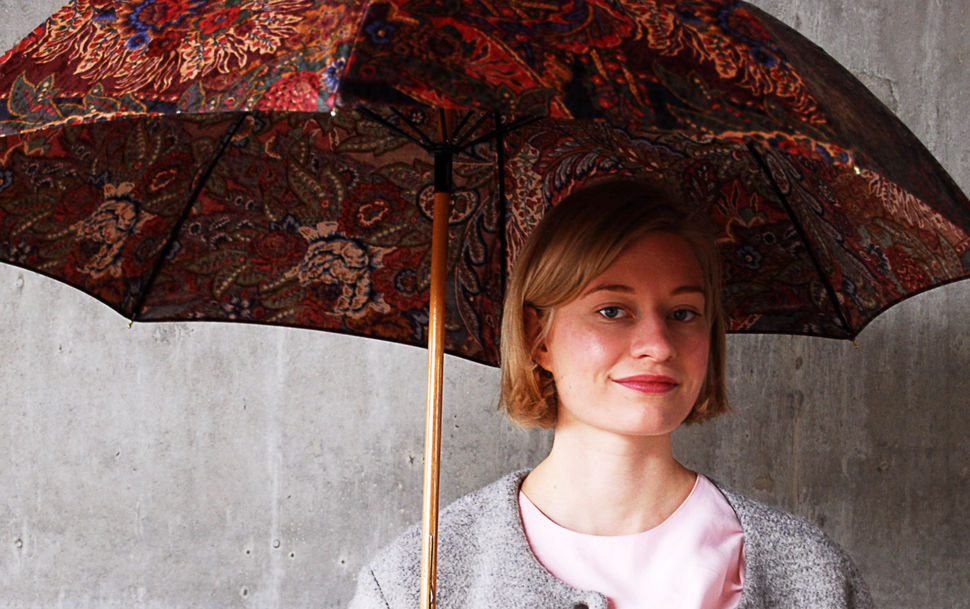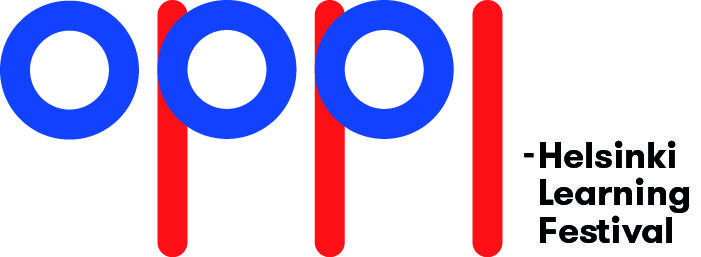
MADE BY is the Institute’s series of interviews that allows artists, designers, thinkers and doers to unfold their creative process in their own words.
Vilja Achté (b.1990) is a London-based visual communication designer who is currently finishing a degree in Graphic and Media Design at London College of Communication. Vilja has designed the visual identity for the Oppi - Helsinki Learning Festival taking place in Helsinki 11-12 April. Vilja's work includes the Oppi logo, website and marketing materials. Oppi is a unique festival of learning and is organised by the Finnish Institute in London together with Suklaa and sponsored by Sanoma Learning.
During my studies I was introduced to the work of German pedagogue Friedrich Fröbel. His work was a great inspiration to me in the development of the Oppi identity. Fröbel developed an idea of play as an active and creative element in young children’s education. To illustrate this he designed ‘gifts’ which were given to child without instructions, so the child could play instinctively with the objects. As the Oppi-festival project is all about play, learning, innovation and design, the two concepts seemed to complement each other.
I created play blocks out of colourful paper and paper mass balls and started creating compositions with them. Soon I realised that the word “Oppi” is in fact constructed of three circles and three sticks. This simple innovation was childlike and joyful – surely just as Fröbel intended it to be! The colours blue and red remind me of correction pens and other school-related ephemera.
The challenging part of the project was to decide how far the visuals should be stylished. I wanted the logo to be flexible enough to be able to be taken apart and played with. I think the simplicity of the forms underlines the fact that they can be experimented with and one doesn’t have to feel precious about it. It also allows the visuals to work on different platforms from print to digital media.
I wish that the logo would embody the active characteristics of Fröbel’s gifts; to encourage free play and learning through making. Similarly to the gifts, which are given away without instructions, I would like the Oppi identity to be finalised by the interaction of the viewer. I would love if people would feel the urge to interact with the shapes and explore different ways in which they could be used. If a festival identity can create a platform for some sort of creative action, then I would consider it a success!

